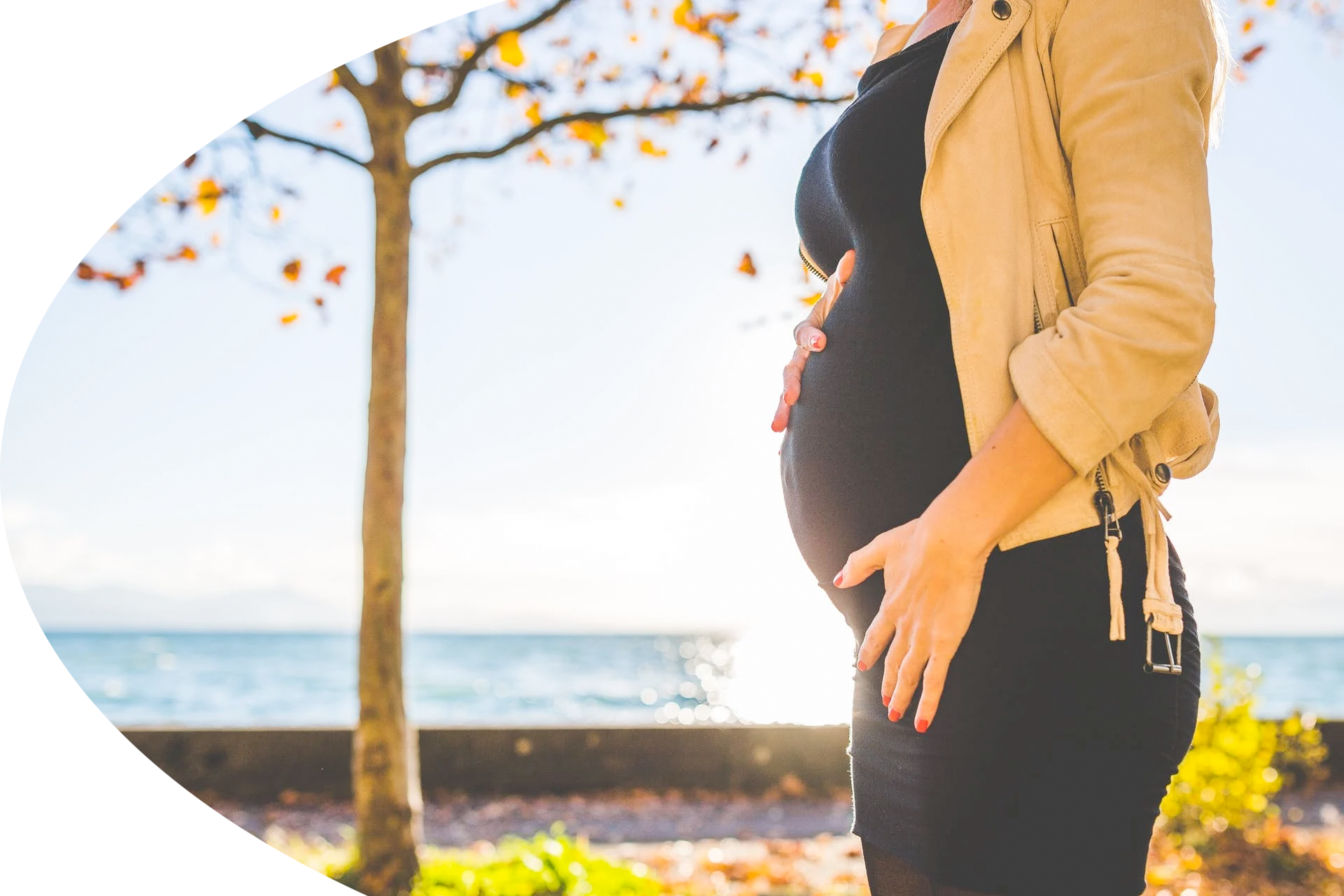The Center for the Economics of Reproductive Health
The Center for the Economics of Reproductive Health at the Institute for Women’s Policy Research (IWPR) seeks to advance public understanding and awareness of the link between access to reproductive health care services for women and their long-term economic security and well-being. We conduct original research and policy analysis at the intersections of race, ethnicity, class, and reproductive health to improve economic outcomes, and educational and employment opportunities for all women.

New IWPR Analysis Reveals Economic Harm of State Abortion Bans and Impact on Women’s Workforce Participation
FOR IMMEDIATE RELEASE October 30, 2024 Contact: William Lutz 202-785-5100 New IWPR Analysis Reveals Economic Harm of State Abortion Bans Severe Restrictions Harm State Economies and Women’s Workforce Participation Washington, DC—The Institute for Women's Policy Research (IWPR) today released a new analysis detailing the [...]
Abortion Bans Hurt State Economies
States that restrict abortion tend to have lower GDP per capita. Economists use gross domestic product (GDP) per capita to measure the size of state economies, with a real national average of $67,000 in 2023. This approach adjusts for the number of people in [...]
The Economic and Workforce Impact of Restrictive Abortion Laws
This report examines the far-reaching economic effects of the 2022 Supreme Court decision in Dobbs v. Jackson Women’s Health, which overturned Roe v. Wade and gave states the authority to ban abortion. By 2023, nearly half of the 49.5 million prime working-age women in [...]
SCOTUS Allows Access to Emergency Abortion Care in Idaho—For Now
FOR IMMEDIATE RELEASE June 27, 2024 Contact: William Lutz 202-785-5100 SCOTUS Allows Access to Emergency Abortion Care in Idaho—For Now Washington, DC — IWPR President and CEO Dr. Jamila K. Taylor issued the following statement after the Supreme Court’s decision prevented Idaho from enforcing its [...]
New IWPR Analysis Shows State Abortion Bans Cost the US Economy $68 Billion Annually
FOR IMMEDIATE RELEASE June 20, 2024 Contact: William Lutz 202-785-5100 Ahead of the Second Anniversary of the Overturn of Roe v. Wade, New IWPR Analysis Shows State Abortion Bans Cost the US Economy $68 Billion Annually Washington, DC — The Institute for Women's Policy [...]
Supreme Court Blocks Far Right Effort to Restrict Access to Safe and Common Drug Used for Medication Abortion
FOR IMMEDIATE RELEASE June 13, 2024 Contact: William Lutz 202-785-5100 Supreme Court Known for Overturning Roe v. Wade Blocks Far Right Effort to Restrict Access to Safe and Common Drug Used for Medication Abortion Washington, DC—Institute for Women’s Policy Research (IWPR) President and CEO [...]





